The design process involved co-creation sessions with Medical Officers (MOs) and CHOs, along with design research and concept testing activities before finalizing tools. Our design research was led by multidisciplinary teams that observed healthcare workers to grasp community dynamics, systems and potential implementation barriers. This in-depth design research helped us detail out touchpoints for CCP sessions, aiding in designing tailored interventions. Four modules were created in the form of handheld flip charts, for CHOs to deliver CCP. Health education was made accessible to people beyond the session through our mobile service that sends messages to promote health awareness and healthy lifestyle.
A virtual walkthrough was set up for stakeholders to experience the service and interact with the service touchpoints and tools. Finally, through the pre-launch testing we were able to validate the service model, refine tools' usability and address challenges through focused training.
The program was then piloted through existing campaigns like Jagananna Arogya Suraksha (JAS), training CHOs and implementing CCP in the community for widespread impact. In summary, our integration of efforts targeting non-communicable diseases (NCDs) into AP's JAS campaign resulted in over 10,000 CHOs conducting 21,400+ health sessions, reaching 1.6 million people, and validating the CCP's effectiveness. This success laid the groundwork for expanding Noora Health’s community model, supported by strategic advocacy, efficient mobilization, and meticulous supervision.
Overall, the program's structured approach ensures alignment with community needs, effective training, and continuous improvement through feedback and adaptation



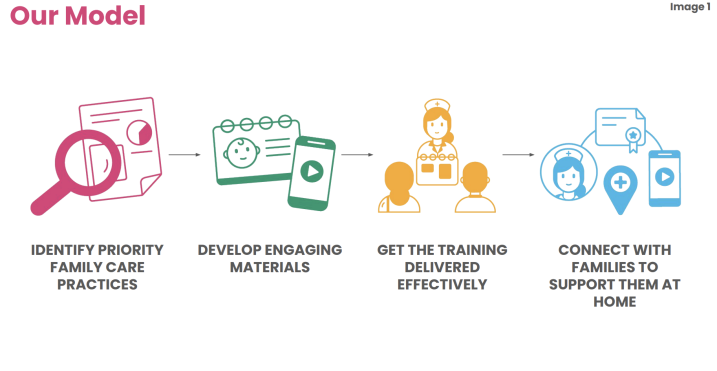
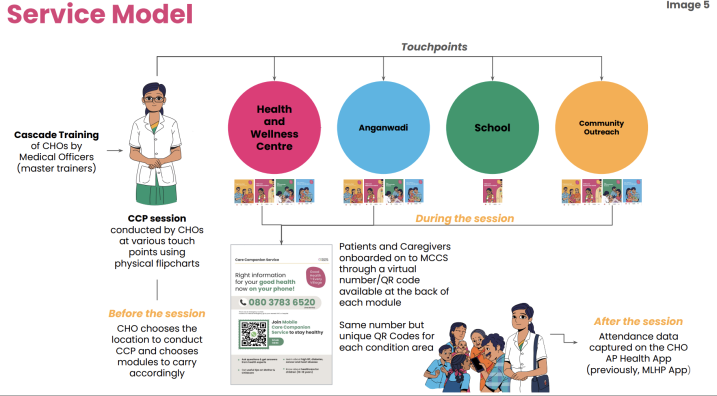
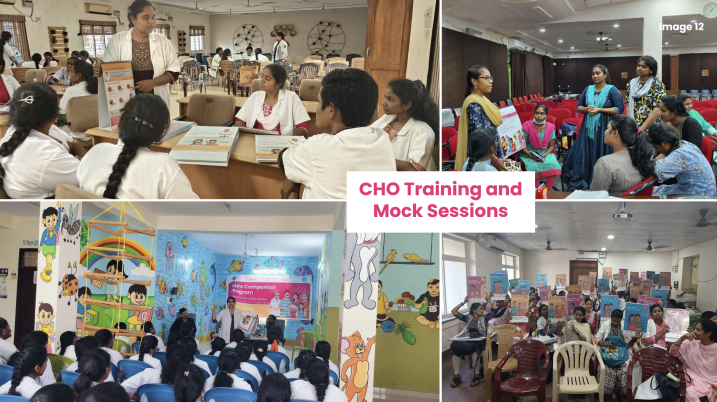
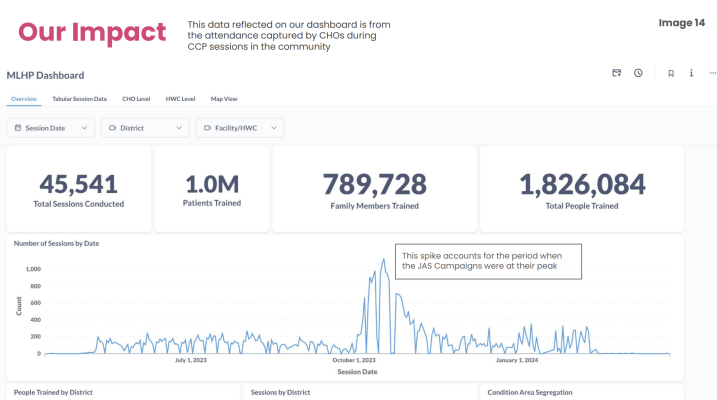

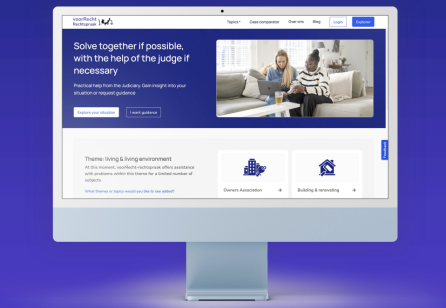
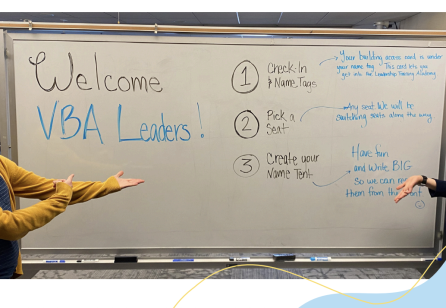


Share your thoughts
0 RepliesPlease login to comment